Mast Cell Activation Syndrome (MCAS) What is it and could it be affecting your health? Part 2
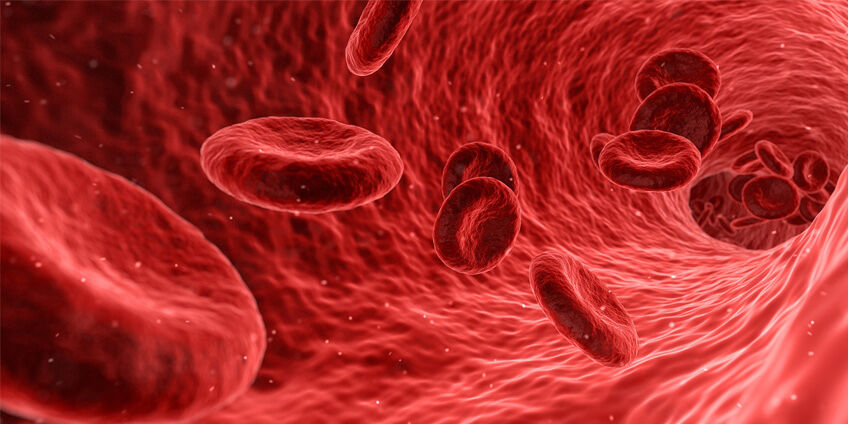
MCAS: Mast Cell Activation Syndrome: Part 2
Last week, we published Part 1 on MCAS, in which we discussed what it is, symptoms and diagnostic criteria, including a quiz on MCAS. In this week’s article, MCAS Part 2, we cover causes, triggers, treatment and most importantly, what you can do about MCAS.
As a review, Mast Cell Activation Syndrome or MCAS is a collection of symptoms resulting from mast cells or MCs which have been inappropriately activated (Afrin, 2013). When MCs become overactive, they can cause serious problems in the body.
For a fuller explanation, please refer back to MCAS: Part 1.
Cause:
The cause of MCAS is not known. There is certainly a genetic component to the syndrome but this is currently not fully understood (Afrin, 2013). In our clinical observation, those with mold illness and Lyme disease tend to have a very high incidence of MCAS also. Gut imbalances, overgrowths, and infections are also part of the root in many cases.
Triggers:
It is helpful to look to triggers of MCAS while also addressing causes.
Potential Mast Cell Triggers: (Symptoms And Triggers Of Mast Cell Activation, 2019)
- Heat, cold or sudden temperature or weather changes
- Stress: emotional or physical, including pain
- Allergies, which can be both IgE-mediated or non–IgE-mediated triggers such as:
- Environmental allergy to pollution, pollen, pet dander, etc.
- Chemical allergy to chemical odors, perfumes, scents, industrial chemicals or dyes
- Allergy to a particular food or beverage including alcohol
- Exercise
- Fatigue
- Medications (opioids, NSAIDs, antibiotics and some local anesthetics)
- Venoms (bee, wasp, mixed vespids, spiders, fire ants, jelly fish, snakes, biting insects, flies, mosquitos and fleas, etc.)
- Infections
- Viral
- Bacterial
- Fungal
- Sunlight
In addition to these better known triggers listed above, lesser known triggers could be:
Heavy metals toxicity:
Heavy metals like aluminum and mercury have been shown to destabilize mast cells. In fact, these metals are used in vaccines in order to elicit a heightened inflammatory immune response. Lead, cadmium, and bismuth have also been found to activate mast cells and cause mast cell mediator release (S. Bent, 1992).
Gut health:
If you have been following us and our blog articles for any length of time, you will know that often we come back to gut health as a cause, trigger or contributing factor in most conditions. MCAS is no different.
Various gut infections, issues or dysbiosis in the gut can contribute to MCAS. Specifically, parasites, bacterial and/or viral infections, or bacterial and/or fungal overgrowths in the gut can activate mast cells (R. Saluja, 2012). Parasitic worms, also known as helminths, can over stimulate mast cells (Lee TD, 1986). The fungus Candida albicans can lead to an over stimulation or reaction in mast cells (José Pedro Lopes, 2015). Gut dysbiosis may cause mast cell disorders as the interactions between different strains of gut bacteria and MCs are quite complex (Afrin LB, 2015).
CIRS:
CIRS or Chronic Inflammatory Response Syndrome occurs as a result of exposure to mold. It results from a particular genetic susceptibility to mold which causes a reduced ability to clear mycotoxins (mold toxins) from the body. This syndrome can lead to a constant activation of mast cells or MCAS (Kritas SK, 2018).
Is there a Treatment for MCAS?:
Therapies for MCAS generally aim to control and improve the condition by inhibiting overactive mediator production and release, by blocking released mediators, and/or managing the consequences of excessive mediators (Afrin, 2013). Many therapies are available. Of course we recommend working with a skilled functional medicine office that has experience with MCAS, gut issues, Lyme, and mold.
There is currently no way to predict which set of therapies will best control an individual person’s condition. A systematic, trial-and-error approach usually succeeds in finding significant relief from symptoms. Comprehensive functional lab tests looking for root causes are very important.
Lifespan for most MCAS patients appears normal, but quality of life can be mildly to severely impaired if no correct diagnosis and effective treatment is given (Afrin, 2013).
What can you do about MCAS?: In order to fully get to the root cause(s) of MCAS, it is essential to look at these steps in great detail:
- Identify and treat any infections – GI or others
- Gut healing
- Heavy metals detox
- Identify toxins and allergens, then avoid or treat
- Screen for CIRS (mold illness) and Lyme + co-infections – treat if present
Other helpful ways to address MCAS are:
Diet: To help manage MCAS and your symptoms, you can go on a Low Histamine Diet. We have recently written an article on histamine intolerance with the full details of a low histamine diet so please see here for details. Histamine is one of the many mediators released by mast cells. By lowering histamine, you will lower this mediator and the potential mast cell activation. You may need to experiment a little to see exactly which foods trigger your reactions. Low histamine is a great place to start then you can track foods and symptoms to tailor the diet more individually.
Supplements: It can also be useful to use supplements to increase DAO production and lower histamine. We included some details on these in our article on histamine intolerance. These include vitamin C and quercetin which help to reduce histamine load. You can also take a DAO supplement like DAO Hist-Digest, which we have formulated for our patients. DAO supplements are designed to increase diamine oxidase (DAO) enzyme, an enzyme that helps break down histamine in the gut. Pre-cursors to DAO can also help and include B6 (in P5P form), copper and B2. Co-factors for DAO production also include B12, iron and vitamin C.
To Read About Blog Topic, Scroll Down
Want To Work With Our Clinic?
Do you have a chronic or mystery illness that no one has been able to help you with? Are you simply wanting to re-connect with a healthier version of yourself? It’s Time To Finally Feel Better!
Avoid certain medications: There are medications that decrease DAO activity; anti-arrythmics, some antibiotics, some painkillers, antidepressants, some psychiatric meds, antihistamines, antihypertensives, antimalarials, bronchodilators, diuretics, mucolytics, muscle relaxants and antiseptics. These are best avoided as DAO is required to break down histamine. It is best to also avoid medications that liberate, and therefore increase, histamine. These include some painkillers, antiflogistics, antibiotics, anti-hypotensives, antihypertensives, antitussives, cytostatics, diuretics, iodine-containing contrast mediums, local anaesthetics, muscle relaxants and narcotics. Certain medications inactivate B6, which is necessary to produce DAO. These include antihypertensives, antibiotics and hormonal contraception drugs containing estrogen.
Probioticsimpact histamine levels: Some probiotics increase histamine levels (Lactobacillus Casei, Lactobacillus Delbrueckii, Lactobacillus Bulgaricus) so are best avoided with MCAS. Other probiotic strains decrease histamine. They can degrade histamine and are preferable to use in the case of histamine intolerance: Lactobacillus Plantarum, Lactobacillus Rhamnosus, Bifidobacter species and possibly soil based organisms like bacillus subtilis. Please see our article on histamine intolerance.
Mast cell stabilizers can help. There are a vast number of natural mast cell stabilizers:
- Various flavonoids including quercetin (capers, apples), EGCG (green tea) and silymarin (milk thistle) (Walsh, 2013)
- Coumarins including ellagic acid (strawberries, raspberries, blackberries, cherries) (Walsh, 2013)
- Phenols including resveratrol (grapes) and curcumin (turmeric) (Walsh, 2013)
- Terpenoids including menthol, the cannabinoids (cannabis), ginkgolide and bilobalide (Ginkgo biloba), and the curcuminoids (turmeric, mustard seed) (Walsh, 2013)
- The amino acid theanine (green tea, mushrooms) (Walsh, 2013)
H1 and H2 blockers: H1 and H2 blockers are over the counter antihistamines. They can be helpful for many people in minimizing symptoms. However, they do not get to the root causes and in some cases can exacerbate MCAS over the long-run. We may use them on a case-by-case basis in our clinic, if we think they will help a patient.
Reduce and manage stress: Stress causes the body to release a number of hormones. One in particular, CRH, Corticotropin-Releasing Hormone, can activate mast cells and cause them to release their mediators. This can make someone more vulnerable to allergic and autoimmune conditions (Elenkov IJ, 1999).
Sweat out toxins: Toxins such as the heavy metals arsenic, cadmium, lead, and mercury (Sears ME, 2012), phthalates (found in many cosmetic and personal care products) (Genuis SJ, 2012) and Bisphenol A (BPA) (found in plastic food and drink containers) (Genuis SJ B. S., 2012) can all destabilize mast cells and potentially trigger MCAS. Making sure that you sweat is one way for these toxins to leave the body. Going to the sauna to sweat and exercising regularly to induce sweating are ways in which you can mobilize toxins and increase toxic outflow from your body.
Sleep /Manage circadian rhythm: Mast cell activity and mediator-release follows the circadian rhythm of the body. It will increase if the sleep wake cycle is disturbed. For this reason, focus on getting regular high-quality sleep and practice good sleep hygiene in order to keep mast cell activity to a minimum (Pia Christ, 2018).
Others issues like excessive estrogen and low methylation can contribute to high histamine levels. These are best addressed with the help of an experienced functional medicine practitioner.
If you suffer from MCAS, allergies or simply have undiagnosed symptoms, then get in touch with us today. We can help to identify whether or not you have MCAS and more importantly, help you get to the root causes and work towards minimizing symptoms.Book a free health evaluation call today with someone from our staff. We can answer your questions and help you book an initial consult with one of the functional medicine doctors in our clinic.
Book My Free Phone Health Evaluation Functional Medicine Certification for Clinicians
References:
- Chris Kresser. (2019, 5 28). Retrieved 6 26, 2019, from https://chriskresser.com: https://chriskresser.com/could-your-histamine-intolerance-really-be-mast-cell-activation-disorder/
- Mast Cell Activation Syndrme Variants. (2019). Retrieved 6 25, 2019, from The Mastocytosis Society Mast Cell Diseases: https://tmsforacure.org/overview/mast-cell-activation-syndrome-variants/
- Overview & Diagnosis. (2019). Retrieved 6 25, 2019, from The Mastocytosis Society Mast Cell Diseases: https://tmsforacure.org/overview/
- Symptoms And Triggers Of Mast Cell Activation. (2019). Retrieved 6 25, 2019, from The Mastocytosis Society Mast Cell Diseases: https://tmsforacure.org/symptoms/symptoms-and-triggers-of-mast-cell-activation/
- Afrin LB, K. A. (2015). Mast Cell Activation Disease and Microbiotic Interactions. Clinical Therapeutics, 941-53.
- Afrin, L. B. (2013). Presentation, diagnosis, and management of mast cell activation syndrome. In L. B. Afrin, Mast Cells: Phenotypic Features, Biological Functions and Role in Immunity (pp. 155-232). Nova Science Publishers, Inc.
- Akin C, V. P. (2010). Mast cell activation syndrome: Proposed diagnostic criteria. The Journal of Allergy and Clinical Immunology, 1099-104.
- Akin, C. (2017). Mast cell activation syndromes. The Journal of Allergy and Clinical Immunology.
- Anand P, S. B. (2012). Mast cells: an expanding pathophysiological role from allergy to other disorders. Naunyn-Schmiedeberg’s Archives of Pharmacology, 657-70.
- Elenkov IJ, W. E. (1999). Stress, corticotropin-releasing hormone, glucocorticoids, and the immune/inflammatory response: acute and chronic effects. The Annals of the New York Academy of Sciences.
- EZ da Silva, M. J. (2014). Mast cell function: a new vision of an old cell. Journal of Histochemistry and Cytochemistry, 698–738.
- Genuis SJ, B. S. (2012). Human elimination of phthalate compounds: blood, urine, and sweat (BUS) study. Scientific World Journal.
- Genuis SJ, B. S. (2012). Human excretion of bisphenol A: blood, urine, and sweat (BUS) study. International Journal of Environmental Research and Public Health.
- Gerhard J Molderings, S. B. (2011). Mast cell activation disease: a concise practical guide for diagnostic workup and therapeutic options. Journal of Hematology & Oncology, 10.
- José Pedro Lopes, M. S. (2015). Opportunistic pathogen Candida albicans elicits a temporal response in primary human mast cells. Scientific Reports.
- Kritas SK, G. C. (2018). Impact of mold on mast cell-cytokine immune response. Journal of Biological Regulators & Homeostatic Agents, 763-768.
- Lee TD, S. M. (1986). Mast cell responses to helminth infection. Parasitology Today, 186-91.
- Lichtenberger, D. F. (2015, April 11). DukeHeartCenter/3-mcas-frank-lichtenberger. Retrieved 6 25, 2019, from www.slideshare.net: https://www.slideshare.net/DukeHeartCenter/3-mcas-frank-lichtenberger
- Pia Christ, A. S. (2018). The Circadian Clock Drives Mast Cell Functions in Allergic Reactions. Frontiers in Immunology.
- Saluja, M. M. (2012). Role and Relevance of Mast Cells in Fungal Infections. Frontiers in Immunology, 146.
- Bent, C. G. (1992). The effects of heavy metal ions (Cd2+, Hg2+, Pb2+, Bi3+) on histamine release from human adenoidal and cutaneous mast cells. Inflammation Research, C321–C324.
- Sears ME, K. K. (2012). Arsenic, cadmium, lead, and mercury in sweat: a systematic review. International Journal of Environmental Research and Public Health.
- Tae Chul Moon, A. D. (2014). Mast Cell Mediators: Their Differential Release and the Secretory Pathways Involved. Frontiers in Immunology, 569.
Are You Suffering From A Chronic Illness?
Does your current health situation look like this…
- Do you feel that you have tried many things and either nothing works, or the treatment does not hold?
- Have you been told that there is nothing that can be done to reverse your illness and you just need to manage symptoms?
- Does your illness impact your work, your family, your happiness and your social life?
We specialize in finding answers and solutions for complicated chronic illness when people feel like they have tried everything. If this sounds like you, book a free call with us to see if we are the right fit for your health goals.
Dr. Miles has spoken for the following organizations:
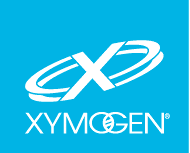
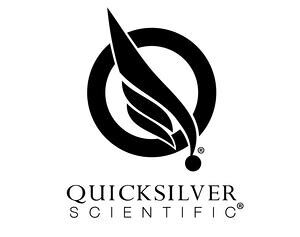












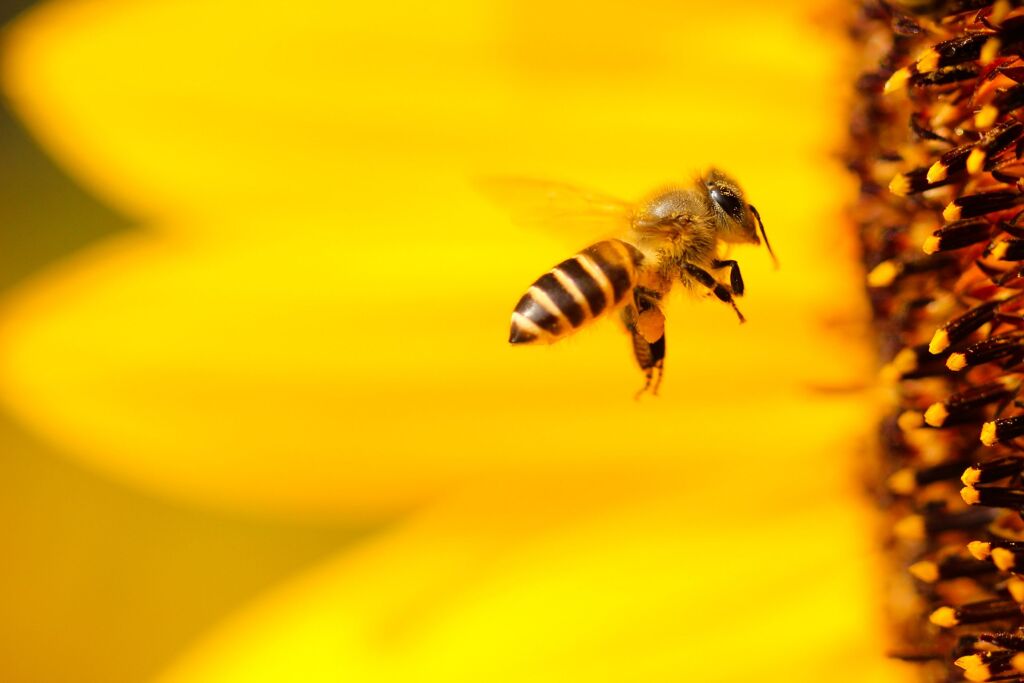
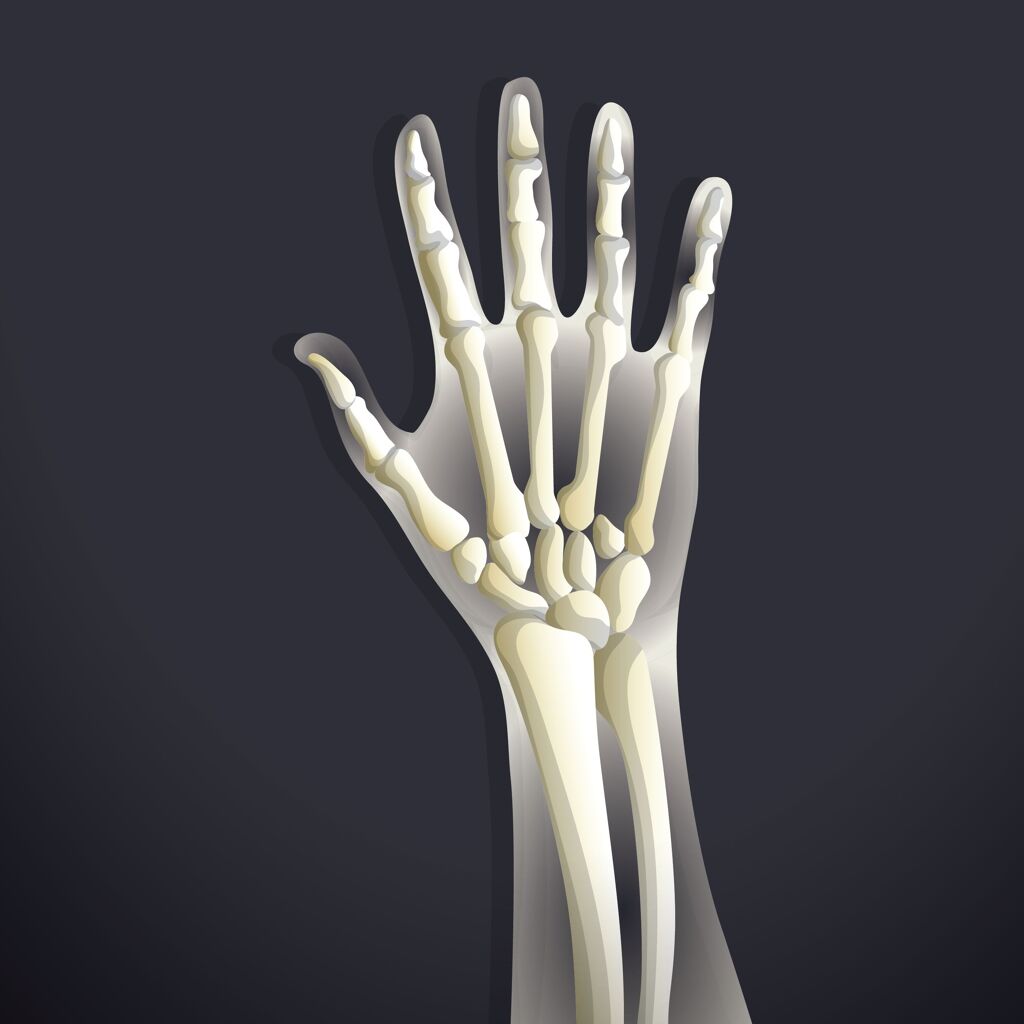


Responses